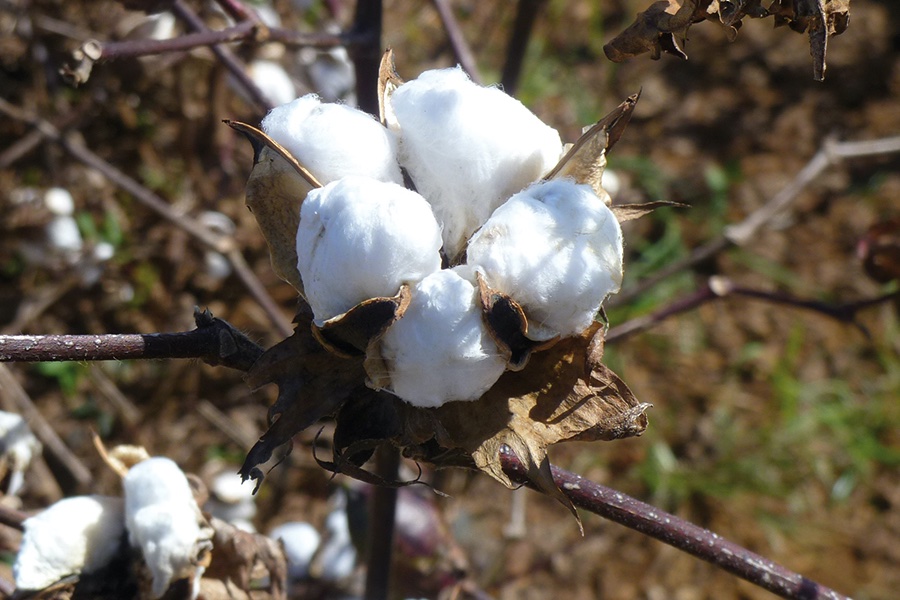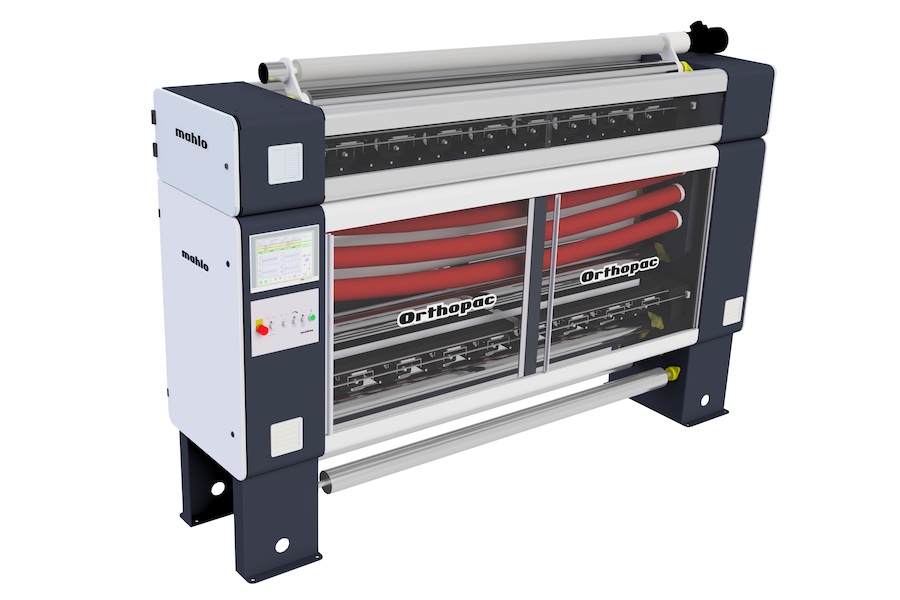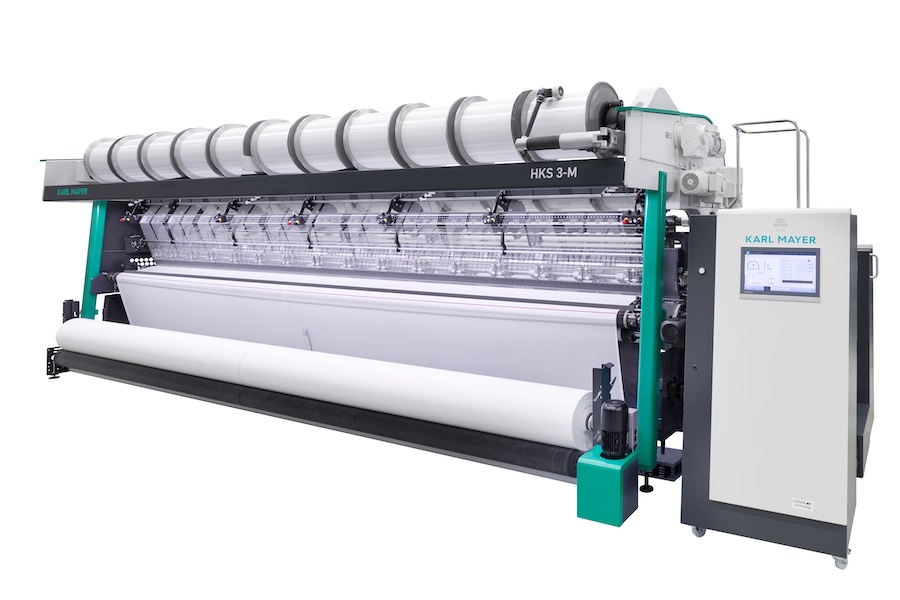#Raw Materials
A serenade from USTER for Cotton Day
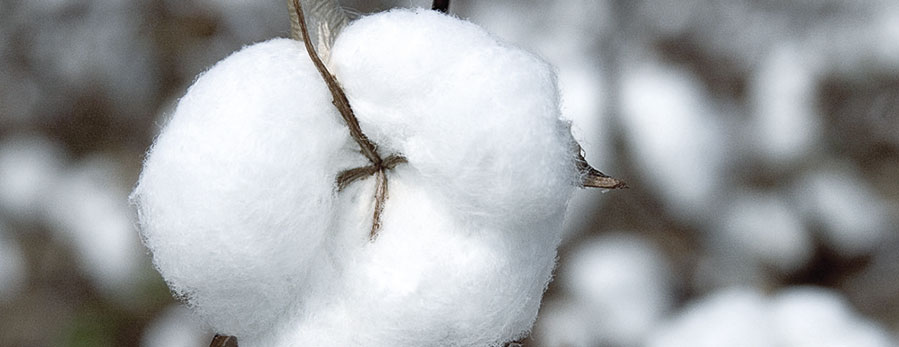
This article is dedicated to cotton, a unique fiber. It is a true multi-talent: from jeans to banknotes (US paper money is made with 75% cotton and 25% linen), it is almost unthinkable to imagine our everyday life without cotton. The fluffy fiber is found in many different products as an ideal and much-appreciated raw material.
Measured for value
Cotton can be precisely described with 14 quality characteristics – focusing on length, strength, fineness, color, maturity, trash and moisture content of the fiber. The value of cotton as a raw material depends on its quality. Key factors are long and uniform fiber length, optimal fineness for each application and high strength for precious fibers.
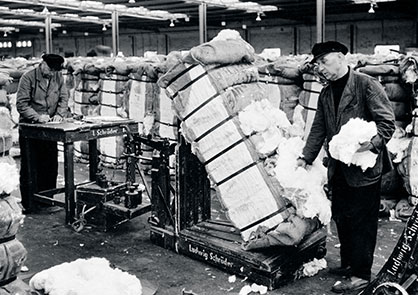
Some cotton growers and traders rely on their years of experience to set the right price for a batch of cotton, but over half of world cotton production is classed objectively by High Volume Instruments (HVI) from Uster Technologies. The HVI provides the most accurate and repeatable test results for the efficient classification of cotton quality – and more than 3,300 units are installed in 70 countries.
Measured for bale mix and efficiency
For spinning mills, cotton purchasing accounts for more than 50% of costs, so it’s critical to get it right. Sorting bales according to quality and end-use is best done on the basis of good data. Consistent data from HVI is the first step in successful production in spinning operations – in terms of both quality and cost.
Some of the costliest mistakes in yarn manufacturing arise from poor control of the raw material at bale mix before spinning preparation. But fiber testing is also essential during the spinning preparation stages, to minimize any negative financial impact of excess waste, unnecessary cuts, reworking, and customer claims. Another fiber measurement instrument is responsible for profitable production: Uster AFIS Pro 2 provides the essential data necessary for modern process optimization techniques in the spinning mill, and best practice in process control.
100% cotton
A look into the cultural history of cotton is also illuminating. The cotton story goes back over 5,000 years. Did you know that cotton was a driver for industrialization? Today, cotton fiber is found in clothing and cosmetics items. Applications span the invention of toilet paper to the recycling of denim pants into vehicle construction components.
100% cotton is printed on tags of countless items of clothing and on signposts leading to a special exhibition at the Übersee-Museum (overseas museum) in Bremen, Germany. The exhibition offers a fascinating look at cotton’s cultural history and shares surprising, new, but also controversial stories about the soft fiber (www.uebersee-museum.de/en/100-cotton).
Uster is proud that the curators of the Übersee-Museum considered the HVI as part of cotton’s essential history. The Uster cotton classing instrument was selected as an exhibit and visitors have the opportunity to try their hand as a cotton tester to determine color, length and price.
This year’s jubilee of Bremen Cotton Exchange played an important role initiating the special exhibition. The Bremen Cotton Exchange has been shaping the global cotton trade through its competence, neutrality and authority for 150 years.
Everlasting
The first evidence of cotton use was found in India and Pakistan, and dates back to around 6,000 B.C. That means cotton’s been keeping people dressed for over 8,000 years.
Cotton’s place in the world was even demonstrated during the recent pandemic times, when home-working became a necessity for many. In that situation, the need for smart office wear was replaced by an increased emphasis on comfort in everyday clothing. This sparked a trend for ‘sofa to street’ apparel which is still here today. People clearly love the gentler touch of their cotton gear, and that has translated into a real fashion choice.
One apt description, first applied to Indian cotton was ‘Woven Wind’ – expressing the touch and feel of these fabrics. India was the foremost cotton processing country for hundreds of years, and it’s fitting that its traditions with the world’s favorite fiber still hold good today.





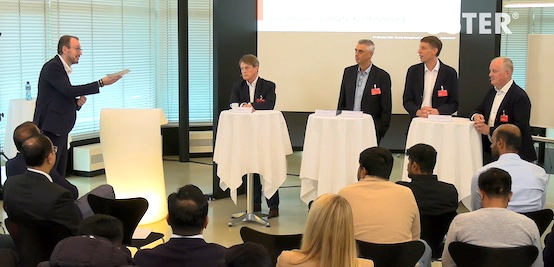
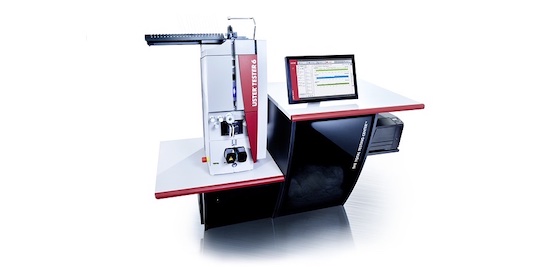
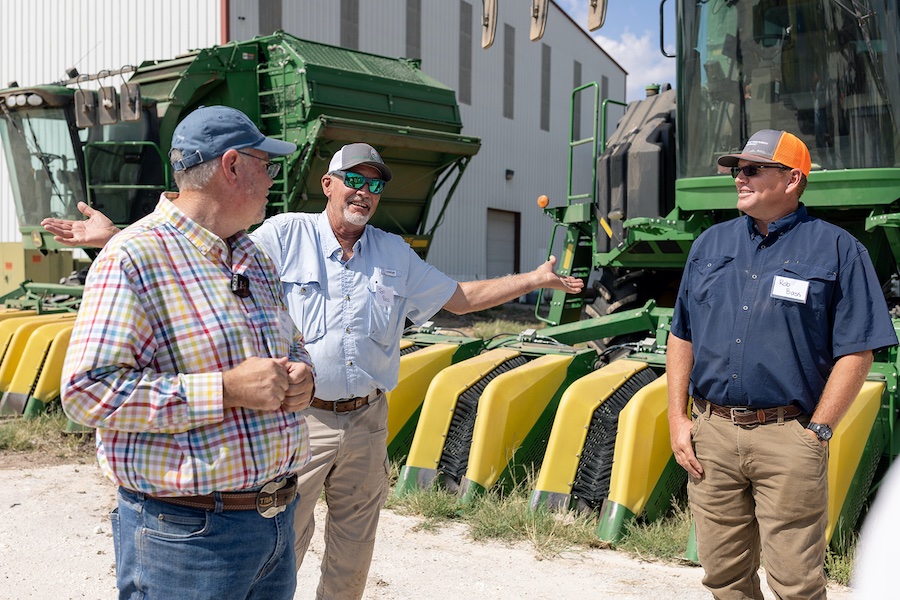
canva-900-1-1-1.jpg)
